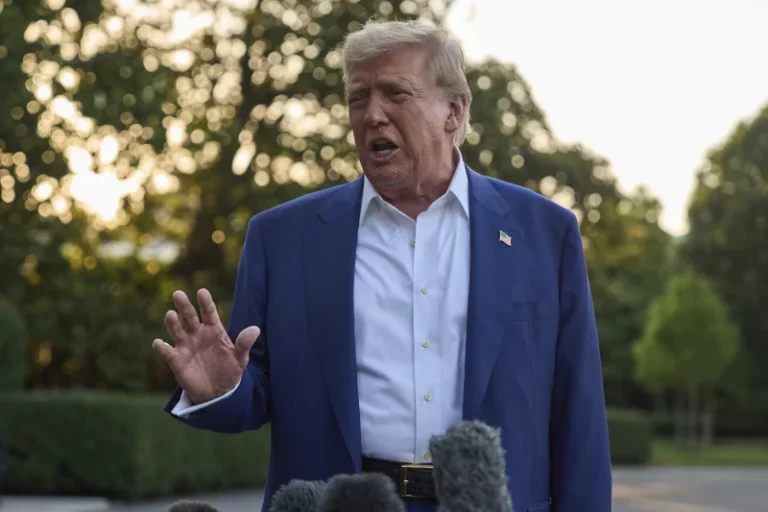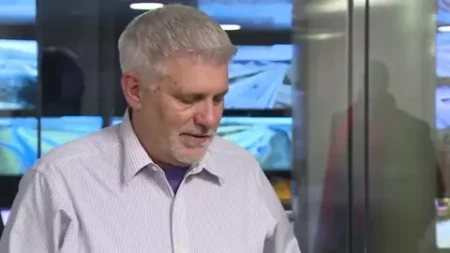Thousands gathered in Tehran’s Enghelab Square on Tuesday, chanting in support of Iran’s military. The rally came after a fragile ceasefire was announced between Iran and Israel. Many in the crowd said they hoped this would end one of the region’s most dangerous conflicts in years.
On the same day, Iran’s President Masoud Pezeshkian officially declared an end to the conflict. He said Iran had made history through its resistance. Speaking to local media, Pezeshkian added that Iran would honor the ceasefire if Israel did the same.
He also said Iran is ready for dialogue. Talks, he added, must protect Iran’s national interest. In a phone call with Saudi Crown Prince Mohammed bin Salman, Pezeshkian said Iran would engage in global talks to resolve its issues with the United States. He emphasized the need for peace based on international rules.
Meanwhile, U.S. President Donald Trump made a surprising shift in tone. He said the U.S. does not want to overthrow Iran’s government. Trump warned that regime change often leads to chaos, something the U.S. does not want to see. He said, “I want things to calm down as quickly as possible. Regime change brings disorder, and we don’t need more of that.”
Trump also made clear that Iran would never be allowed to build nuclear weapons. He said Iran must not enrich uranium or continue its nuclear program. However, Iran’s Foreign Minister Abbas Araghchi responded firmly. He said Iran stands strongly behind its nuclear plans.
Araghchi pointed out that Iran’s scientists have worked hard to build this technology. Many made sacrifices, and some even lost their lives. He added that Iran would not give up its right to nuclear research. The minister also said that the U.S. and its allies used the nuclear issue as an excuse for war.
While Trump claims victory in stopping Iran’s nuclear path, Iran sees itself as the winner. According to Iranian officials, Israel and the U.S. were the ones who pushed for a ceasefire. They also say that neither country succeeded in destroying Iran’s missile or nuclear programs.
In Israel, Prime Minister Benjamin Netanyahu declared a historic win over Iran. He said this moment would be remembered for generations. Still, Iran’s side believes it forced the opposing camp to accept a truce. This version of events reflects how each side is trying to claim success.
Despite the end of the fighting, tensions remain. Both sides continue to share different views of what happened. Iran insists it stood firm, while Israel says it achieved a strategic victory. The United States, now walking back its earlier tough stance, appears to be seeking calm.
This shift in U.S. policy could open new doors for talks. Yet, deep mistrust remains. Iran has long accused the U.S. of double standards. American leaders, on the other hand, have criticized Iran’s nuclear ambitions and its regional influence.
Now that the guns are quiet, leaders across the region are watching what comes next. Iran’s promise to hold firm on its nuclear goals might raise new alarms. At the same time, Trump’s softer tone could create a chance for talks that might help avoid future wars.
Still, peace is far from certain. Each side remains cautious. But for now, there is a rare pause in a long and deadly rivalry.







